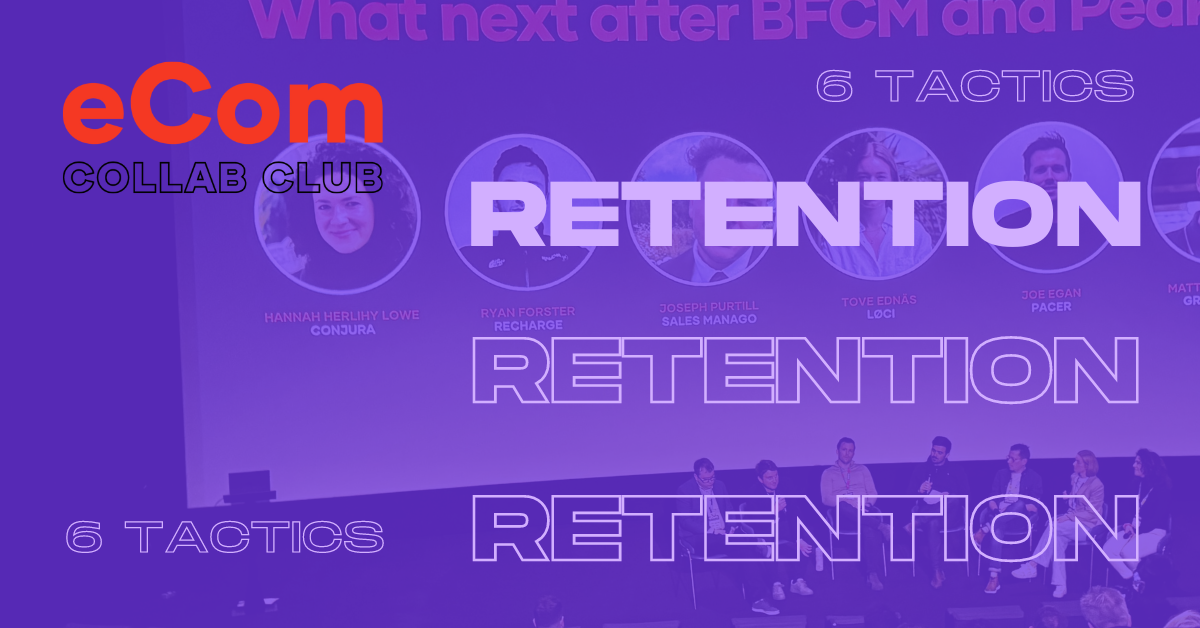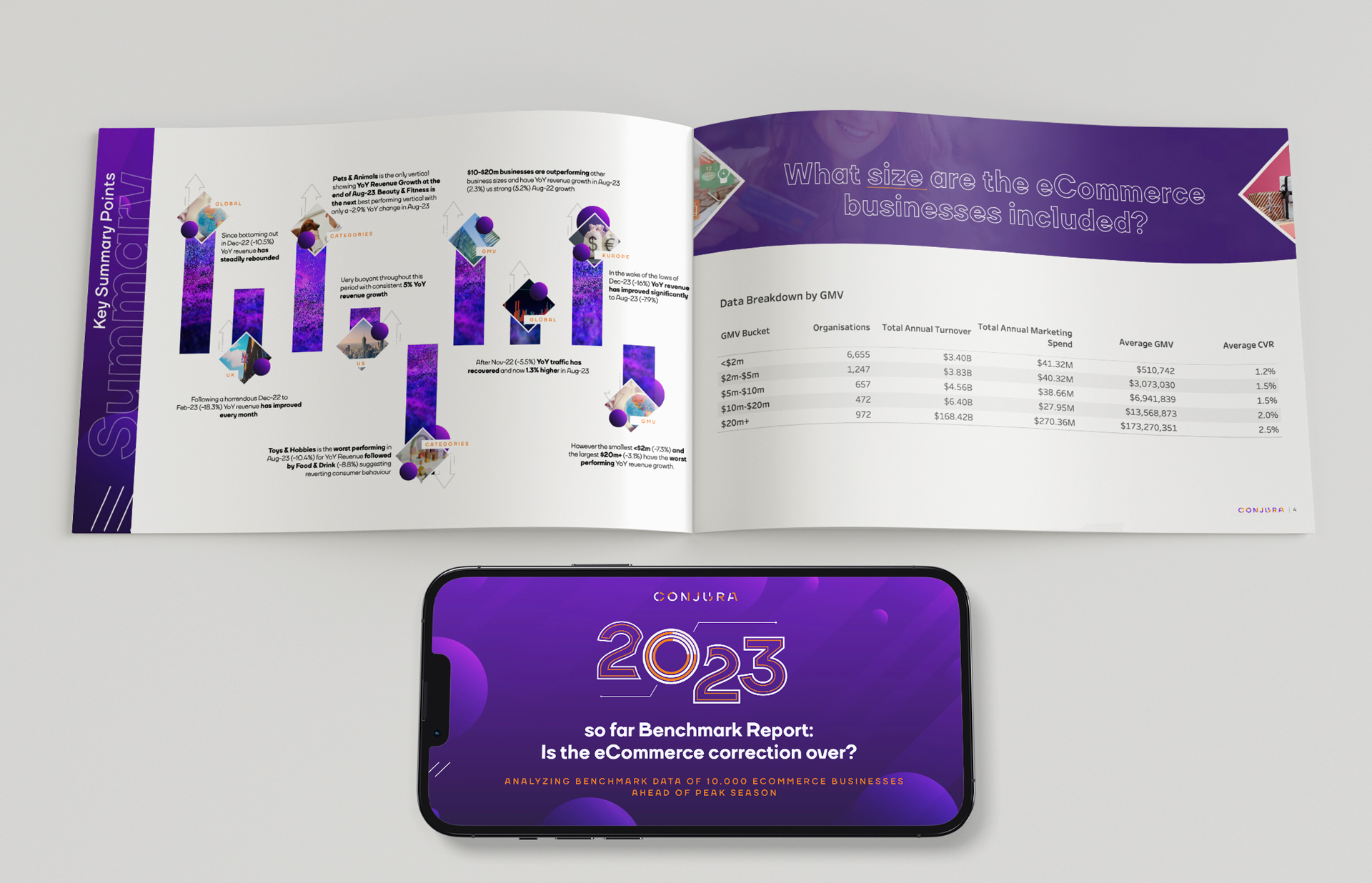Did the Apple IOS 14.5 update kill Paid Social?
Using e-commerce analytics to navigate social tracking issues.
What was the update?
A year ago as part of Apple's data privacy measure they introduced a new IOS update that has since made advertisers everywhere shudder in dismay. The update in question requires that all mobile apps notify customers upon sign up that their data will be tracked - and give them the option to opt out.
So while Facebook was once able to effectively track conversions from Paid Social through their title platform as well as through Instagram, this update threw a major spanner in the works when it came to marketing attribution, targeted ads and personalisation as we know it.
What does it mean for brands?
From an industry perspective this update (amongst others such as Google’s impending cookie recall) reflects a growing shift towards a digital landscape where user-privacy is king.
Today only 25% of consumers worldwide are opting in to being tracked. Which means there is a huge amount of people that Facebook can no longer track the behaviours of, let alone whether a conversion has been made. This has a knock on effect of rendering Facebook Ads reporting less than accurate.
For those who have prioritised Paid Social, times are hard. Because the inability to track these social journeys makes justifying ad spend increasingly difficult, as the data in Paid Social platforms show performance has taken a nosedive. It’s no wonder this situation has left marketers questioning whether Paid Social is in fact dead.
What does this look like in practice?
Interestingly many e-commerce businesses saw a direct correlation between covid lockdown periods and their social ad revenue increasing (Read about how this occurred in the e-commerce pets industry here). Which meant that performance was hit particularly hard when lockdown lifts also coincided with the IOS14.5 update. As a result many social media advertisers have lost nearly all context for who, how and when customers interact with their campaigns, as well as the ability to effectively refine targeting and messaging.
While Facebook has done its best to mitigate these tracking issues by using its own AI to predict how likely it is that a conversion happened, its blackbox nature makes these findings dubious at best. The general consensus has become that due to these limitations Facebook tracking data is no longer reliable.
As a result we have seen many companies moving their spend to other social platforms TikTok, Pinterest and Snapchat, that were less popular prior to the update. Because despite being subject to the same opt in rules, their performance hasn’t experienced the same level of dropoff as Facebook and remains far cheaper.
How do you navigate these issues?
Naturally Facebook’s AI reporting massively overestimates its conversions because it is in the platform’s interest to showcase its value. This is why implementing an e-commerce analytics platform that ingests other sources of data is the most effective way to get around this update issue. For example Conjura pulls in Shopify data instead of Facebook conversions which means that we track the actual transactions and attribute them without agenda.
Industry benchmarking data can also be invaluable when contextualising the performance of your social channels as it will justify whether it is an internal or marketwide issue. Once performance analytics are ticking along, the strongest customer acquisition strategy will rely on a robust opt-in strategy with customer consent taking its place as a core pillar of e-commerce success moving forward.
Contact our team here to learn more about working around this update.




